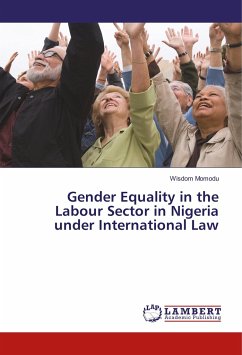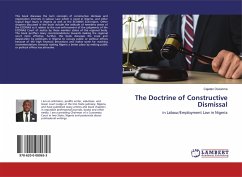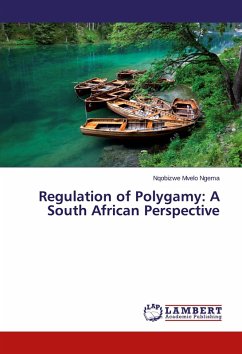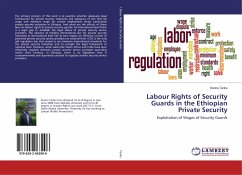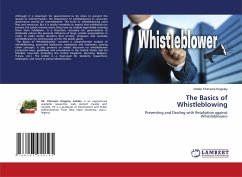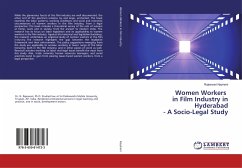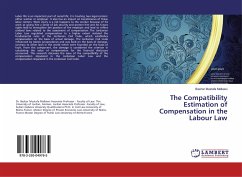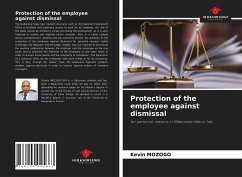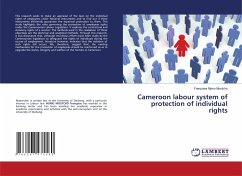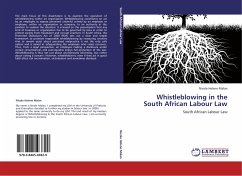
Whistleblowing in the South African Labour Law
South African Labour Law
Versandkostenfrei!
Versandfertig in 6-10 Tagen
32,99 €
inkl. MwSt.

PAYBACK Punkte
16 °P sammeln!
The main focus of this dissertation is to examine the operation of whistleblowing within an organisation. Whistleblowing constitutes an act by an employee to expose perceived unlawful activity by an employer or employee, within an organisation or company, to an authority in the position to redeem the situation. It is based on the presumption that any kind of business or organisation has to be governed by laws in order to protect society from fraudulent and corrupt practices. In South Africa, the Protected Disclosures Act of 2000 (PDA) sets out a clear and simple framework to promote responsibl...
The main focus of this dissertation is to examine the operation of whistleblowing within an organisation. Whistleblowing constitutes an act by an employee to expose perceived unlawful activity by an employer or employee, within an organisation or company, to an authority in the position to redeem the situation. It is based on the presumption that any kind of business or organisation has to be governed by laws in order to protect society from fraudulent and corrupt practices. In South Africa, the Protected Disclosures Act of 2000 (PDA) sets out a clear and simple framework to promote responsible whistleblowing by reassuring workers that to remain quiet about perceived malpractice is not the only safe option and is aimed at safeguarding the employee who raises concerns. Thus, from a legal perspective, an employee making a disclosure under certain circumstances and prerequisites enjoys full protection of the law. Whistleblowing is thus not just about anonymously informing, but rather about raising a concern. However, whistleblowers, even if they act in good faith often risk recrimination, victimisation and sometimes dismissal.





